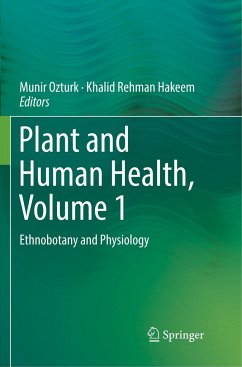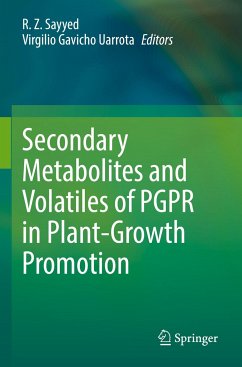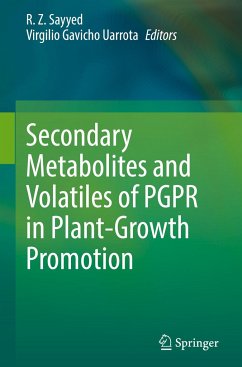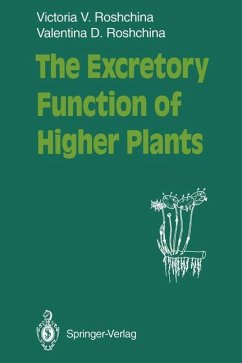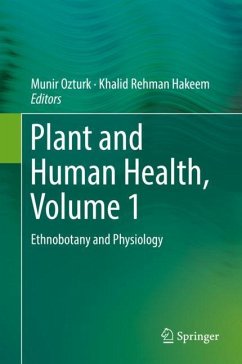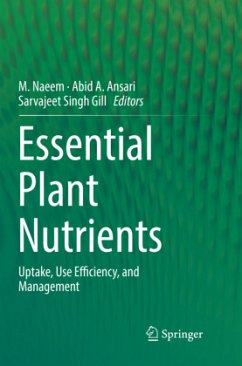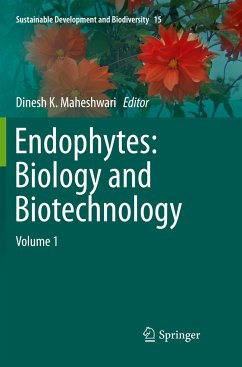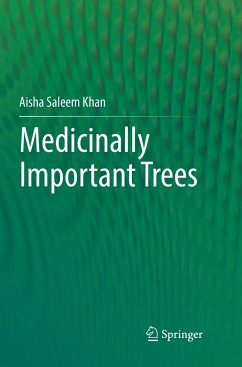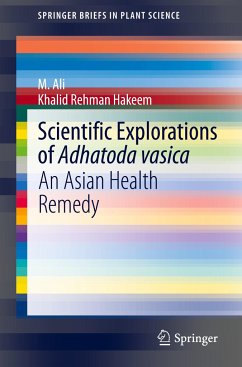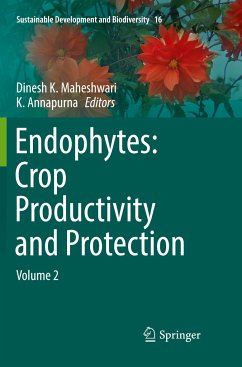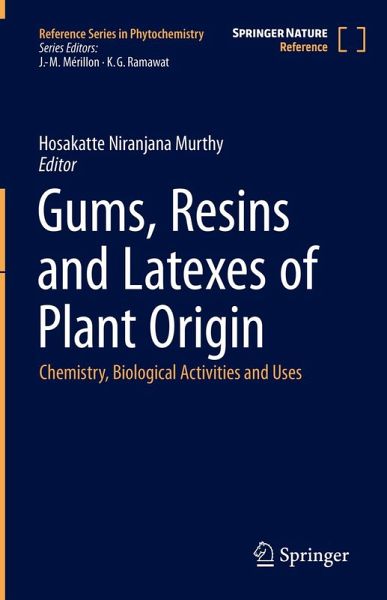
Gums, Resins and Latexes of Plant Origin
Chemistry, Biological Activities and Uses
Herausgeber: Murthy, Hosakatte Niranjana
Versandkostenfrei!
Versandfertig in 1-2 Wochen
268,99 €
inkl. MwSt.

PAYBACK Punkte
134 °P sammeln!
This reference book provides a comprehensive overview of natural gums, resins, and latexes of plants with a focus on their chemistry, biological activities, and practical uses. The content is divided into five main sections each of which contains chapters contributed from valuable experts in their field. Naturally occuring plant products have quite diverse applications in many different industries. The book aims to highlight the important aspects of plant-based gums, resins and latexes as well as provide a strategic framework for further research and development activities on these bioproducts...
This reference book provides a comprehensive overview of natural gums, resins, and latexes of plants with a focus on their chemistry, biological activities, and practical uses. The content is divided into five main sections each of which contains chapters contributed from valuable experts in their field. Naturally occuring plant products have quite diverse applications in many different industries. The book aims to highlight the important aspects of plant-based gums, resins and latexes as well as provide a strategic framework for further research and development activities on these bioproducts. It will appeal to a broad audience such as biologists, pharmacologists, pharmacists, food technologists and medical practitioners. It is also a useful resource for research investigators of the healthcare industry, academia and students of biomedical sciences.



